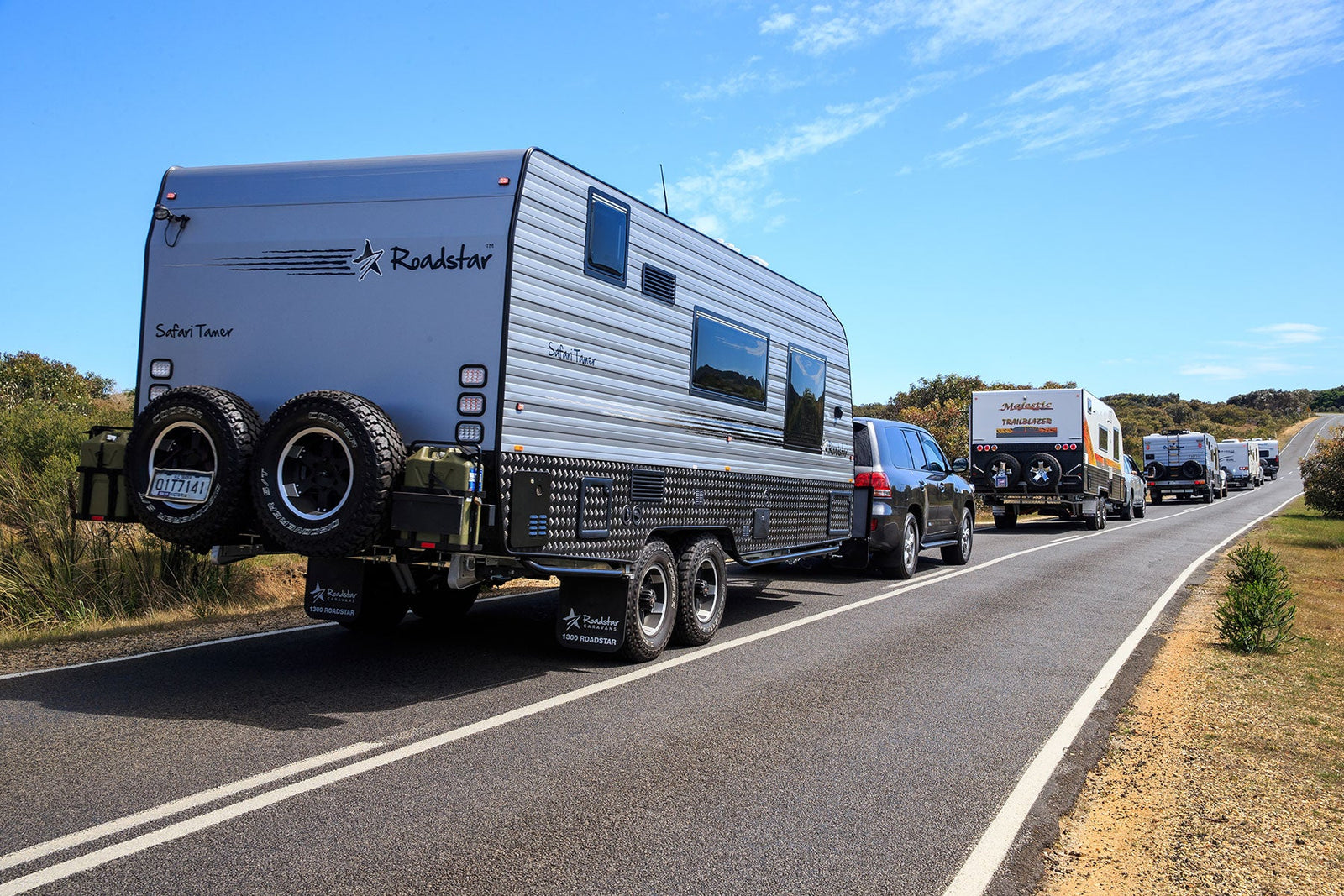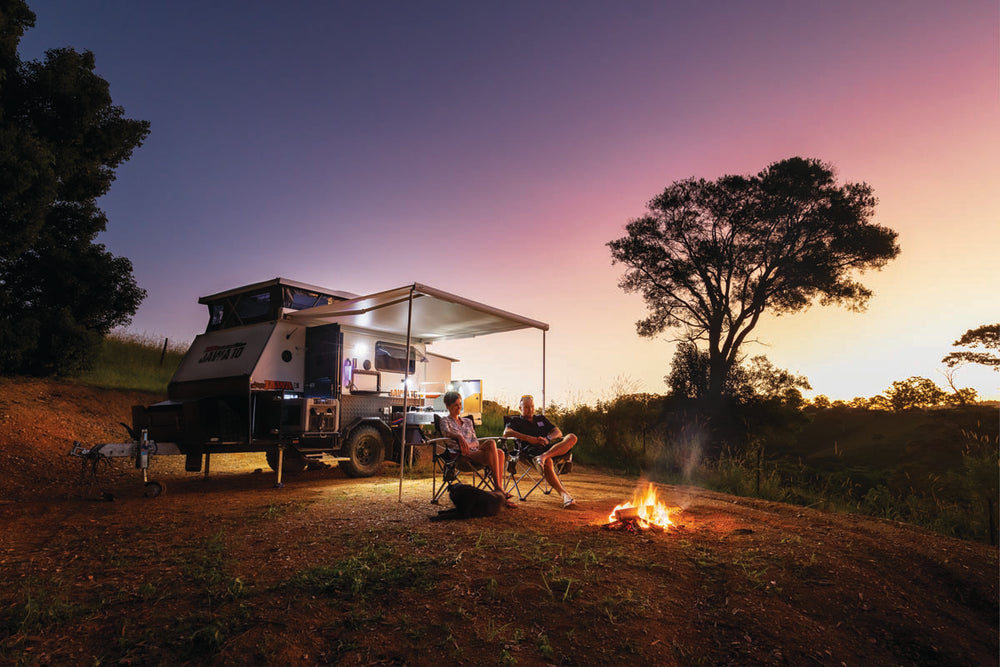The Road Vehicle Standards Act 2018 and how it will help

Caravan Industry Association of Australia (CIAA) has been at the forefront of lobbying and advocating for tougher laws around supplying caravans and camper trailers to the Australian market for the past nine years across five federal transport ministers.
On 1 July 2023, the Road Vehicle Standards Act 2018 (RVSA) finally comes into full effect after a transition period was extended a further 12 months leading into last year’s federal election. This reform will be the most significant change to the vehicle registration process in over 30 years, since the introduction of the Motor Vehicle Standards Act 1989 (MVSA), covering all registerable vehicle and trailer types whether they be cars, trucks, buses, trailers or caravans. CIAA was the only peak motoring organisation to come out publicly against the extension of the transition period, suggesting that industry businesses had already had sufficient time to prepare for the looming changes and that some were simply frustrating the process.
So why the interest and such strong support for legislation which will add some cost and incur changes to manufacturing and importing processes?
Australia has the largest concentration of caravan manufacturers and importers in the world. Under the current system, caravans and light trailers can be manufactured or imported, sold and registered through a simple self-declaration process. Based on inspections of product by CIAA, the industry is concerned that while there are hundreds of compliance standards and Australian Design Rules (ADRs) currently in effect, and are required to be adhered to for the safety of the consumers which use these products, there remains some knowledge gaps and production shortfalls by a small number of industry businesses for which there is limited regulatory oversight under the current MVSA environment.
There are many industry manufacturers and importers who work hard to educate themselves as to current regulatory and legislative requirements and open themselves up to having their product and processes inspected by third parties. As a peak national body, the CIAA provide many educational resources to assist industry businesses understand their obligations and help them through the design and manufacturing stage to make sure that the products they put on the road are the safest that they can be. There are nearly 70 industry businesses that go one step further and belong to the industry accreditation program RVMAP, which through a team of qualified engineers, provides education, one-on-one support, factory compliance inspections and ongoing ADR compliance assistance. But more on that later.
Under the RVSA, caravans and light trailers will move to a type approval system whereby all manufacturers or importers who supply more than an approved number of units annually (varies dependent upon the industry) will require a “licence” to operate under certain conditions. A separate type-approval for each specific vehicle category code they carry based on weight class will need to be obtained. Applicants will be required to demonstrate an understanding of the applicable ADRs and provide proof that a satisfactory Quality Management System has been established before approval can be granted. The government will conduct more inspections against these approval conditions and has extended powers to bring down penalties on non-compliant manufacturers and importers, including suspension of approvals which would keep such products off the road.
Where fewer than the designated units are supplied annually to market (including hobby builds), each vehicle must undergo a physical inspection by a government-approved facility for proof of federal compliance.
For most the RVSA is welcome news, making industry products safer in the hands of consumers and more competitive, as the whole industry lifts its standards to accepted compliance requirements.
ADRs are national standards for vehicle safety, anti-theft and emissions. ADRs are generally performance-based and cover issues such as occupant protection, structures, lighting, noise, engine exhaust emissions, braking and a range of miscellaneous items. These are subject to constant review based on emerging concerns, new technology and international standards, and are developed in consultation with a number of groups including the Strategic Vehicle Safety and Environment Group (SVSEG) and Vehicle Safety Standard’s Technical Liaison Group (TLG), both of which CIAA holds active seats on along with other key industry and consumer representative groups.
Throughout 2021 and 2022 CIAA worked closely with industry businesses (and in particular those which are RVMAP accredited) for them to obtain their type approval, establish strong quality management systems and arm them with the necessary and relevant information for them to comply.
In 2022 alone the CIAA opened 818 inspection files across 161 businesses which included initial inspection against ADR compliance, follow-up reports, and for RVMAP businesses – ongoing work, education and inspections to address any concerns identified. This clearly has an effect, with not one RVMAP business appearing in the worst 50 offenders (based on average number of ADR compliance concerns per initial inspection), and RVMAP businesses recording 2.3 times fewer concerns identified than those manufacturers and importers from outside of the program.
One caravan accident is one accident too many, and consumers should be confident that the product they are purchasing adheres to national safety standards and legislation such as RVSA, and industry programs such as RVMAP go a long way to providing such outcomes for consumers.
Stuart Lamont
Chief Executive Officer
RELATED ARTICLES
Importance of the Caravanning Industry for Australia (CIAA)
Why RVSA Extension is Bad for the Caravanning Industry
Caravanning Industry Fixing a Broken Regulatory Regime in Part with RVMAP







